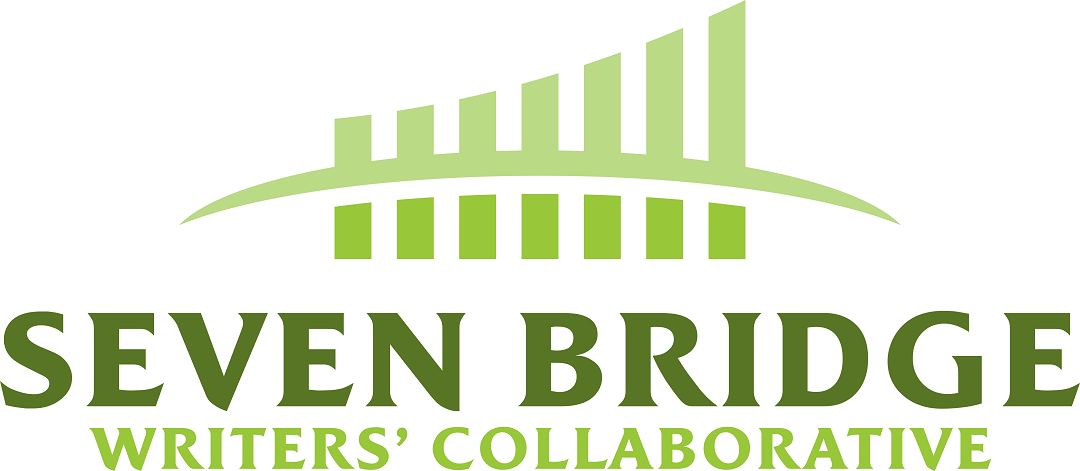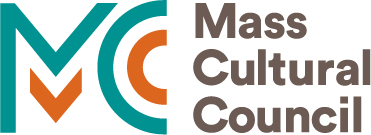On November 22, 2013, I rolled into a familiar parking space. I had been sitting there fifty
years ago when an announcer crackled and hissed through an AM car radio that the
president was dead.
This time, I sat in my car and looked across the campus where decades before I had
attended school. The school had changed radically: the campus was bare, not only because
of the tundra-like landscape, but also because the school had closed—no students, no
teachers, only a single groundskeeper. Near desolation. But the essence of that place had
remained: global warming notwithstanding, the air was as cold as it had been; the odor of
early winter was still in the air, the ground frigid but not frozen; the sky was overcast. I
could smell November—the end of the year, but not quite.
A sense of place is not so much a combination of memories and retrofitted significance as it
is a sensibility, a re-creation of a moment that carries odor and temperature, texture, and a
light peculiar to that place, regardless of what might have happened there. Sometimes,
these sensory flashbacks come to us uninvited; sometimes we can encourage them. But we
have little control over what they do with us.
My grandmother followed me while I walked past a bakery in Prague, long after she was no
longer on this planet; the ghost of my mother was at my shoulder, not long ago when I sat
by a wood fire in New Hampshire and caught a whiff of stale coffee reheating rooms away
on a stove; damp straw almost always takes me back to the Orient and a tiny tatami-floored
home crawling with cats and babies; just looking at a bottle of Mateus gives me a
headache—not because it’s cheap booze, but because, entirely sober, I slipped on an icy
stair, hit my head, and suffered a week-long headache around the Christmas I had
discovered the stuff; sometimes, my back hurts, too—muscle memories of responsible porch
shoveling through the remainder of that winter.
I must write about the buzz, the slip, the ache, not the endless, emotionally frozen months
in Wentworth, New Hampshire.
A mouthful of the salty, mono-textured foodstuff that is a mainstay of institutional
cafeterias takes me to my school lunches and then to next period’s algebra class with Mr.
Wateverizhamewuz. And the boy whose name I’ll never forget who sat next to me, reeking
of Jade East and failing the course. I must write about the boy, the cheap cologne, the
scribbles on the desk in the hard-chaired classroom, not about feeling damaged by a
romantic mistake.
Sometimes, the sting of those tiny, icy snowflakes typical of New England winters reminds
me that I’m old and tired and sends me back into the house; but sometimes it invites me
back into my childhood and for a few moments, at least, depending on half a dozen other
impressions, I have all the energy in the world.
I must write about the sting, the sharp air.
On that day in November 1963, I admit that I thought little of the president, or Dallas; I
was sixteen. However overcast and chilly the moment, I was sixteen and could count on
new beginnings and possibilities, including the possibility of cutting English class.
I remembered what that felt like.
This is what a writer must open herself to—that instant that speaks itself, that place whose
concrete information creates, then opens a trap door and drops us into a messy
accumulation of sensory memories that make us who we are.
This “Craft Talk” was originally by Winona Winkler Wendth was originally published in The Tishman Review, vol. 3, issue 1

Join Winona Wendth this Saturday, March 17, 10:30 a.m. 12:30 p.m., at the Thayer Memorial Library, for her workshiop, Writing The Personal Essay, and Saturday, March 24, for an intensive follow-up workshop, Writing The Personal Essay, Pt II (the intensive is a paid program, for more information and to sign up, click here.
Winona Winkler Wendth holds an MFA in literature and writing with an emphasis on creative non-fiction from the Bennington Writing Seminars. She has been a resident of Lancaster since 1992 and currently teaches writing, literature, and other humanities courses at Quinsigamond Community College. Wendth has been a workshop leader in Lancaster since 2011 and a writing mentor since 2009. Her work appears frequently in print and online literary journals and was listed in Best American Essays/2010. She writes both fiction and creative non-fiction and is working on a collection of memoiristic essays as well as a short novel.

